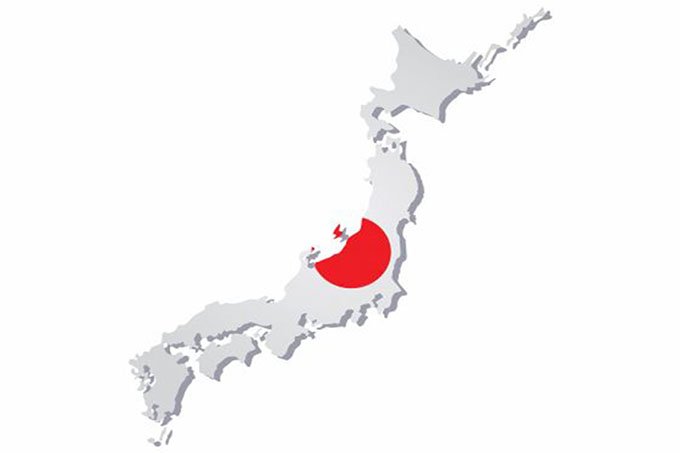 The Bank of Japan is considering to stop chasing its 2 percent inflation target according to sources. The main reason behind this move is the effects of the coronavirus epidemic in the Japanese economy.
The Bank of Japan is considering to stop chasing its 2 percent inflation target according to sources. The main reason behind this move is the effects of the coronavirus epidemic in the Japanese economy.
“While the inflation target remains very important, the focus of the BOJ’s policy has shifted toward keeping the economy on a sustainable recovery path,” explained one of the sources.
The Japanese economy is heavily reliant on international trade, so the spreading effects of the coronavirus outbreak are currently weighing on it, especially given the disruption of the global supply chains.
Japan's economic growth went down by 6.3 percent (year-to-year) during the last quarter of 2019, against the analysts' expectations, who foresaw a 3.7 percent drop. Private consumption contracted by 2.9 percent, together with capital expenditure, which dropped by 3.7 percent in the fourth quarter of 2019.
The most recent sales-tax hike, which took place in October last year, might be behind this contraction as well. The Japanese economy minister said that the Japanese policymakers must be vigilant against the impact of the epidemic.
"The government had hoped Japan's economy would continue a moderate recovery. But we must be vigilant against the impact of the coronavirus on domestic and overseas economies," he said.
The Bank of Japan released research last year that claimed that the optimal inflation level could be behind two percent, a fact that back the sources claims. Currently, the Bank seems to be focusing more on stimulating economic growth instead of aiming to reach a specific inflation target.
“The BOJ’s current approach is to underpin growth on the hope that inflation will eventually pick up,” explained one of the sources.
One of the sources added that the negative effects of price hikes on consumption are also behind this change on approach.
Analysts expect the Bank of Japan to renew its easing monetary policy this year, given the economic growth data.
"We expect the BOJ to renew easing monetary policy via deepening its negative policy call rate to -0.2% in 1Q 2020 at the March MPM (from -0.1% presently)," said an analyst at UOB, "And potentially other measures will follow if the domestic economic situation turns down further in 2020,” he added.
The Bank of Japan's governing board is expected to hold its next monetary policy meeting in March.
By 9:10 GMT the US dollar went down against the Japanese Yen by 0.16 percent, falling to the 109.70 level.
